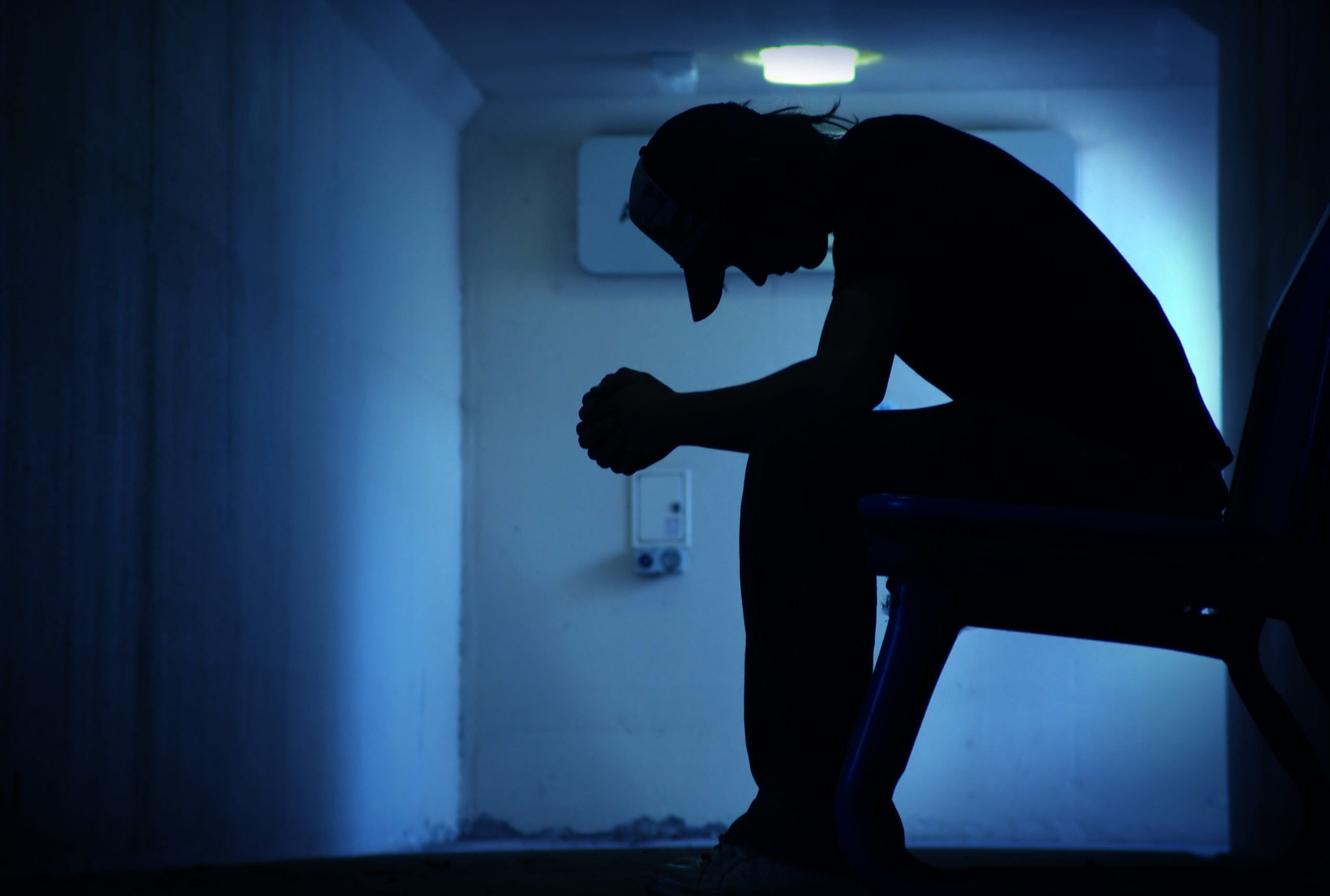Fear is part of the human experience, but one common fear many addicts share is that they are afraid of the recovery process itself. People often worry they will struggle to maintain their sober lifestyle, or that the withdrawal symptoms will be too uncomfortable for them. It’s essential to face these fears and learn healthy ways to process them so they do not jeopardize your recovery.
What Are the Most Common Fears Among Recovering Addicts?
All of us deal with fears; however, people in recovery are often afraid of several specific things.
- Fear of facing feelings: When you stop denying your feelings and face up to them, they can initially seem paralyzing. But if you maintain a focus on your goal of healing your body, mind and spirit, the rewards you reap will help you overcome your fear as you commit to the journey ahead.
- Fear of relapse: This fear is entirely understandable. It’s common to experience setbacks on the way to sobriety. But each roadblock is a learning experience that helps you with repeat attempts. The key is to keep in mind that a relapse is not the same as a failure. Learning to identify and avoid your addiction triggers is essential to successfully avoid relapsing.
- Fear of boredom: When you are addicted to drugs or alcohol, you are accustomed to drinking and using drugs in social situations. You may not know what to do once these substances are no longer part of your life. You’ll need to find new friends and hobbies that help you avoid boredom and do not remind you of the time you spent misusing substances.
- Fear of the responsibilities of sobriety: The fear of accountability can be discouraging. You may be worried you’ll collapse under the weight of the responsibility of maintaining your sobriety while you manage the duties of a job and your family. But remember how much strength and determination it took you to seek help. Call upon these same characteristics to deal with daily duties, and with a bit of practice, any challenges you face will be easier to handle.
Don’t Let the Fear Win
Often, changing the way you think about the things you fear is essential to helping you take control.
- Differentiate between rational and irrational fears: Some worries and doubts take on outsized importance in our minds. These magnified anxieties cause us the most difficulty and emotional distress. If a fear is irrational, acknowledge it, but stop allowing it to hang over your head.
- Live in the moment: Lingering uneasiness is about events that are in the future. In recovery, the goal is to take it one day at a time and not worry about things you cannot change. A meditation practice can help with this.
- Keep a journal: Journaling is a constructive way to process your thoughts and emotions, as well as to look back on how far you’ve come.
- Engage in positive self-talk: Foster a more positive mindset by catching yourself whenever you detect negative self-reflections, and reverse them with positive statements or affirmations. For example, instead of beating yourself up over something that didn’t go the way you planned, use it as an opportunity to reinforce what you learned.
- Ask for support: Don’t be afraid about asking for help from people who care about you and your success – friends, family members, a licensed counselor or rehab specialist. Creating and relying on a support team will help you get results more quickly and easily.
Seek a Better Way Forward at New Found Life
Don’t hold off on getting the treatment you need to move forward with your sobriety. At New Found Life, we make it possible for our clients to live a healthy and fulfilling life without drugs or alcohol. Our admissions specialists are waiting to speak with you 24 hours a day, seven days a week.

